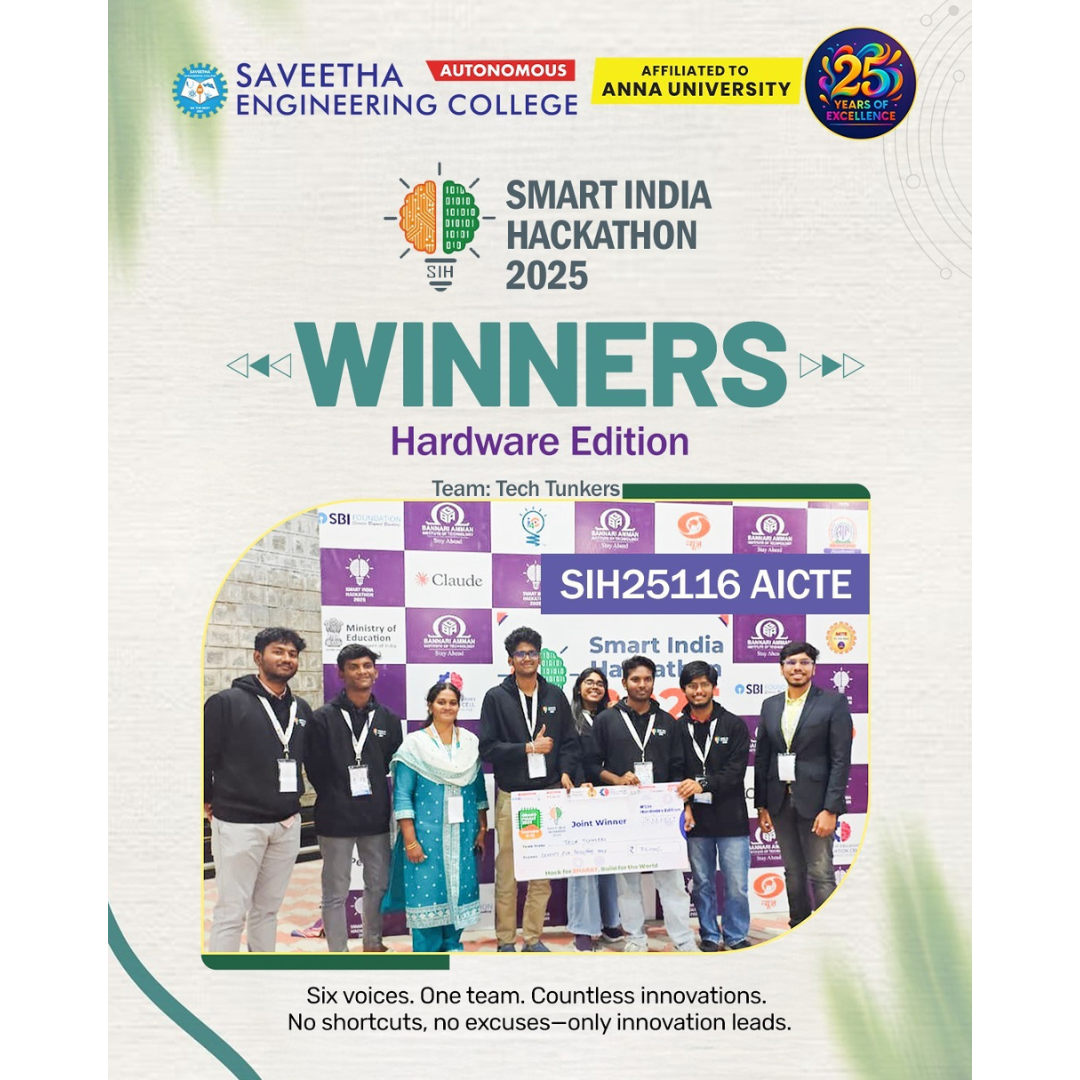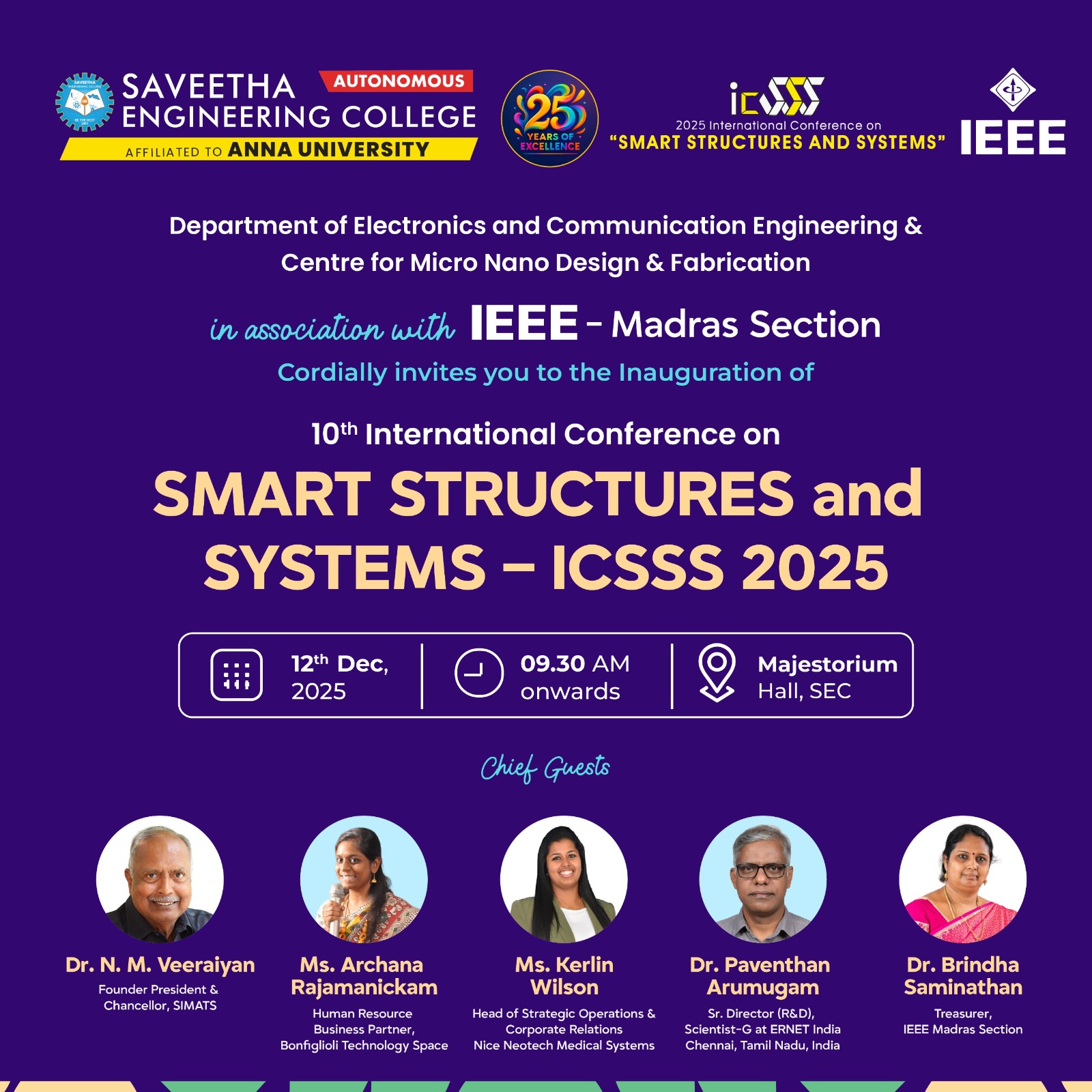About the Department
The Department of Electronics and Communication Engineering established in the year of 2001 with an initial enrolment of 60 students, which was subsequently expanded to 120 by 2005-2006. This number further grew to 180 in 2012-2013 and then to 240 in 2013-2014. Starting from 2014- 15, the intake capacity has been raised to 300. Among our dedicated faculties, 41 of them hold Doctorate degrees, with the majority of faculty actively pursuing Ph.D. studies, and remaining holding Master’s Degree, ensures high-quality education. Consistently, we have been achieving a graduation rate of 90% annually. Our vision is to develop, the department into a State of the Art hub, and Centre of Excellence in Electronics and Communication Engineering Education, aligned with global standards.







Innovation

Key Features
Industry-Focused Curriculum
Curricula are regularly updated to incorporate emerging technologies like IoT, AI, machine learning, and VLSI
design, ensuring students are equipped with relevant skills.
Experienced Faculty
Department has highly qualified and experienced faculty members, including those with PhDs.
Placement Records
ECE department often report high placement rates, with graduates securing positions in leading companies.
Research Opportunities
Department frequently provide opportunities for students to engage in research activities, both within the
department and through collaborations with industry.
Industry Engagement
ECE department has Memoranda of Understanding (MoUs) with companies, offering students internships, in-
plant training, and industry projects.
Career Guidance and Alumni Support
Department provides career guidance to students, with mentorship programs and alumni networks to assist with
placement and career development.
Funding and Projects
ECE department has received funding from government agencies such as AICTE for research and project
development.
Centre of Excellence
Department has dedicated labs for MEMS design, PCB design, Nano-technology and VLSI design.
Honors & Minors
Department offers verticals in major domains to enrich students knowledge and specialize them in emerging
technologies. Students interested in inter-department skills opt for minors and enhance their technical outreach.
Hackathons
Students participate in intercollegiate and national-level competitions and bring laurels to the department.
NPTEL & QIP Certification
Students and faculties enroll in NPTEL courses in niche areas and receive ELITE certificates. Faculty utilized the
offer from AICTE QIP PG certification program and got certified in courses such as IOT, Embedded & IOT,
Machine Learning, Data Science & AI etc.
Futuristic Career Opportunities
Prepares students for evolving roles like cloud architects, AI engineers, and blockchain developers.
Skill-Based Learning
Practical emphasis on coding, algorithm design, and problem-solving through competitive programming.
Customized Electives
Diverse elective options allow students to specialize in emerging technologies and niche domains.
AI-Driven Learning
Integration of artificial intelligence in core coursework and projects for real-world readiness.
Global Certifications Support
Opportunities to achieve certifications in trending technologies, boosting employability.
Innovation Incubators
Support for entrepreneurial aspirations with dedicated innovation cells and seed funding.
Placement Ecosystem
Industry-oriented training programs for seamless transition into global IT careers.
Tech Community Engagement
Encourages participation in developer forums, communities, and tech summits.
Interdisciplinary Integration
Opportunities to apply computer science in domains like healthcare, finance, and entertainment.
Ethical Computing Practices
Focus on developing responsible solutions with a positive societal impact.
Leadership and Teamwork
Emphasis on project-based learning to develop managerial and collaborative skills.
Placement Data

Centre of Excellence
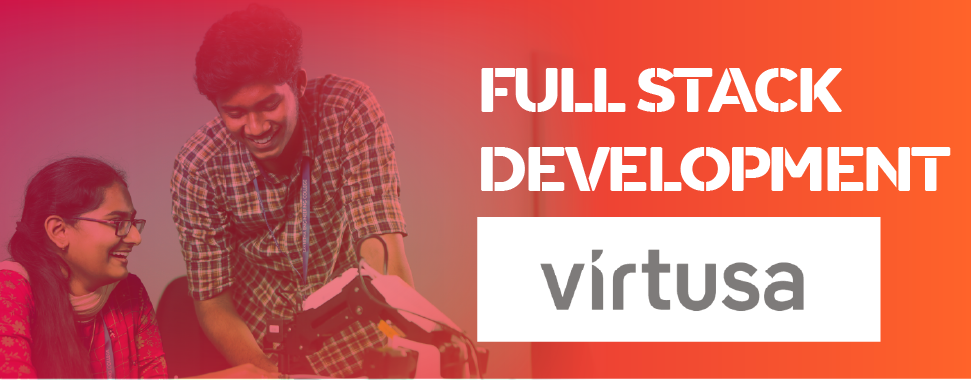
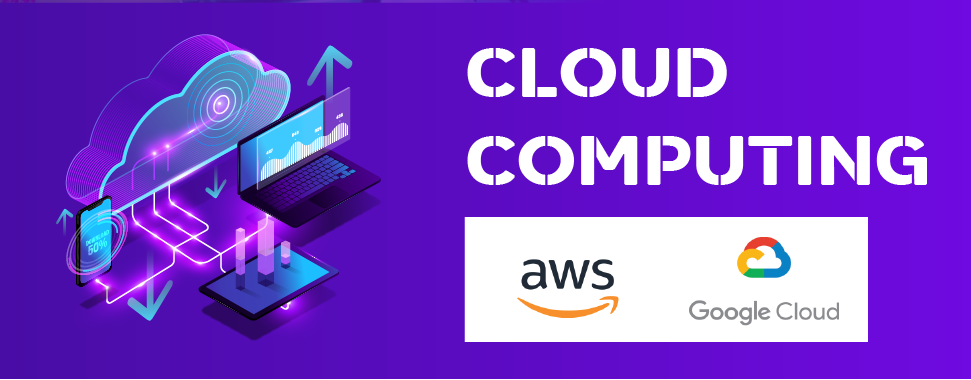
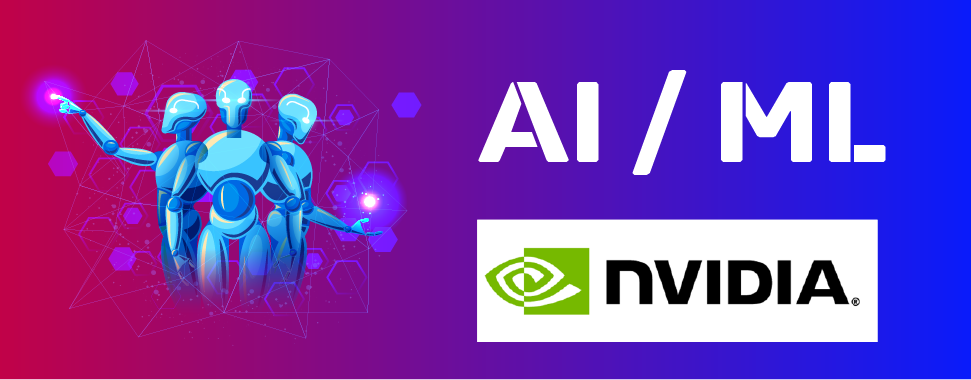
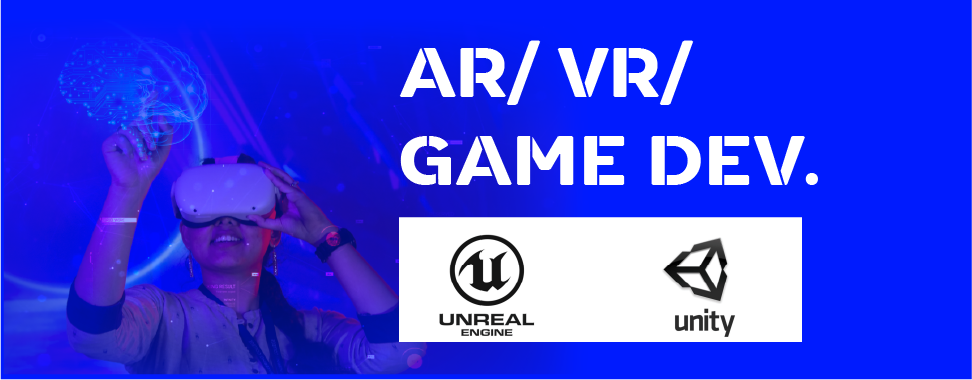
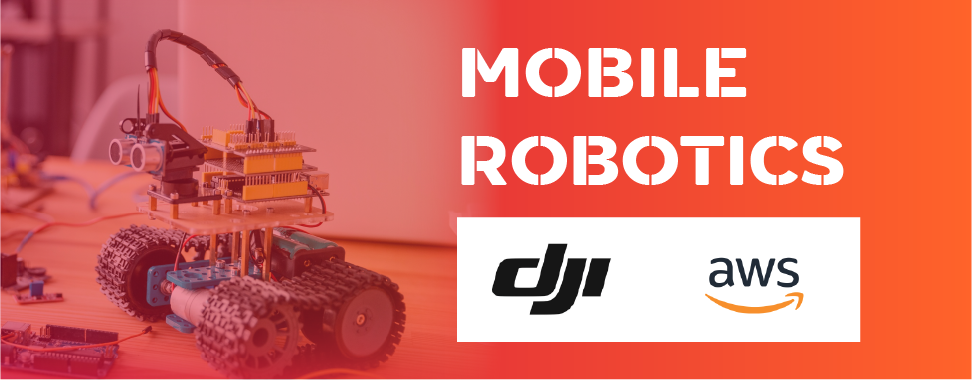
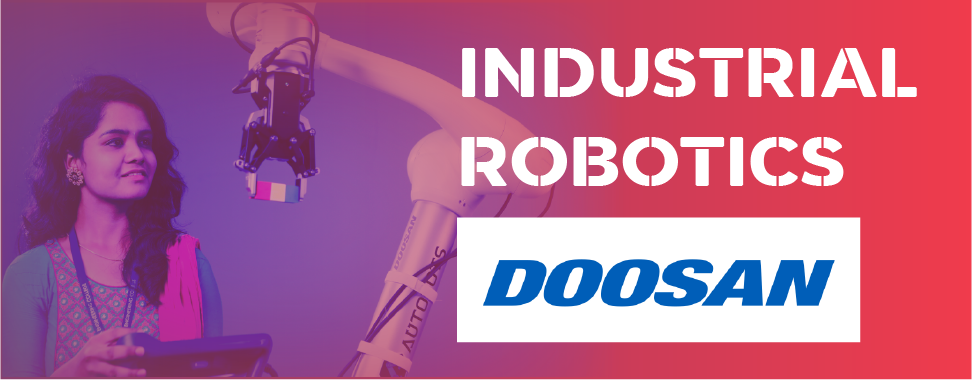

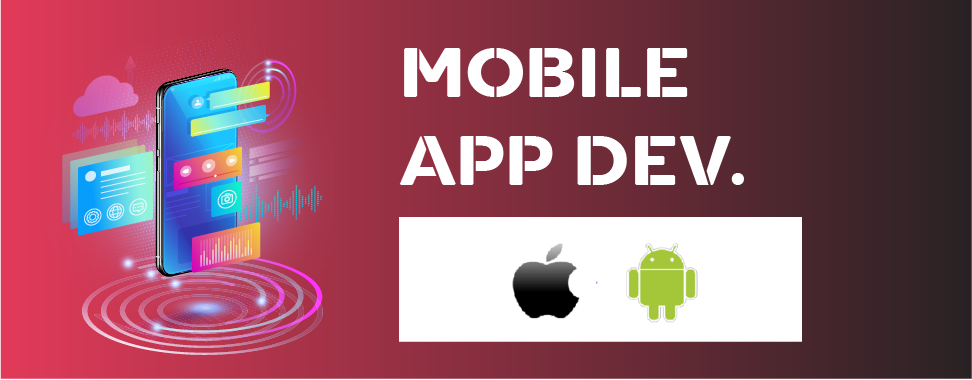
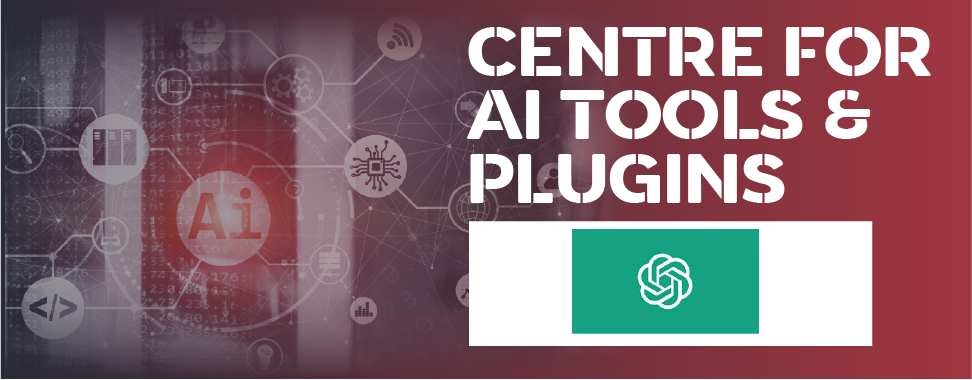

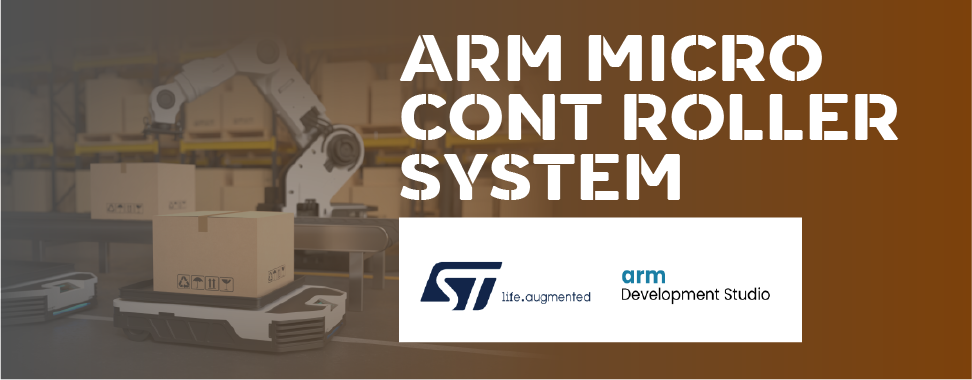
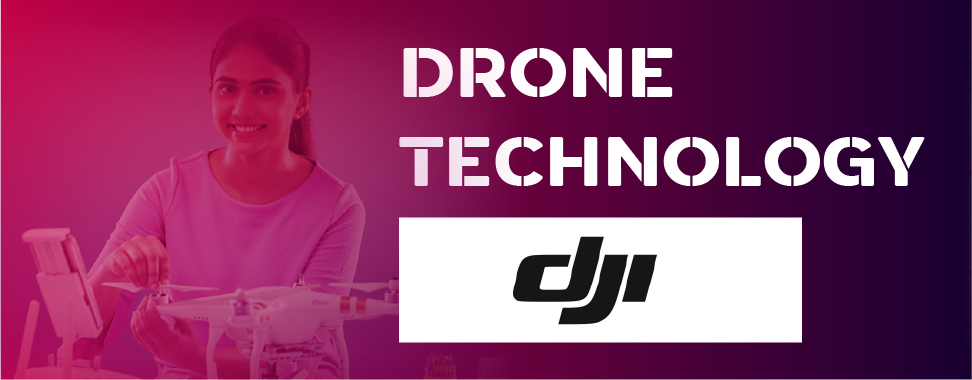


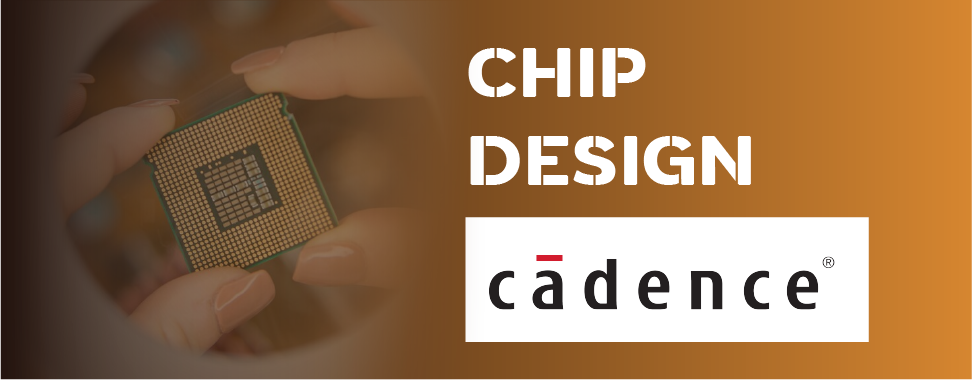
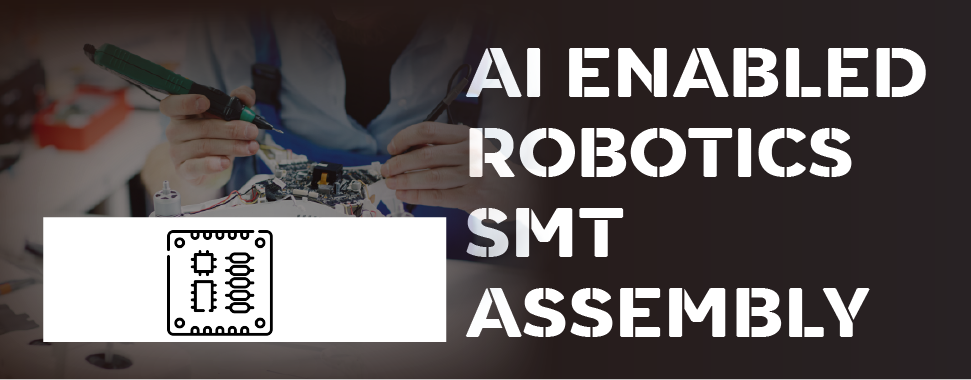
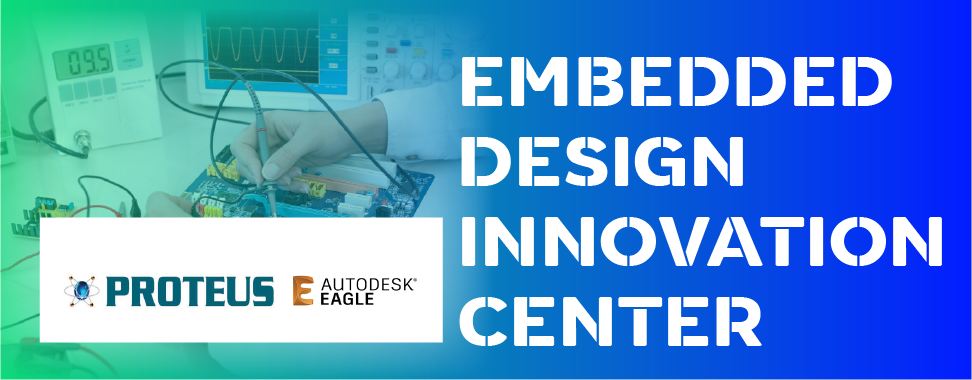
Eminent Alumni
News and Events
🔬 SEC: Advancing Innovation and Scientific Excellence Globally 🌍
🎉 Saveetha Engineering College (Autonomous) congratulates Mr. D. Lingaraja, Asst. Prof., ECE and Incharge – Electrochemical Processing Lab and Centre
🎉 Winners of Smart India Hackathon 2025 – Hardware Edition
✨ Saveetha Engineering College (Autonomous) proudly announces that “Team Tech Tunkers” has emerged as the National Champion of the “Smart
💡 ICSSS 2025: Advancing the Future of Smart Systems
🎉 The Department of ECE and the Centre for Micro Nano Design & Fabrication at Saveetha Engineering College (Autonomous), in
VISION
To transform the department into a state-of-the-art hub and a center of excellence for Electronics and Communication Engineering education, aligned with global standards.
MISSION
- Provide cutting-edge education and research-driven training in Electronics and Communication Engineering.
- Foster partnerships with industries and institutions for real-world exposure and technological advancements.
- Promote innovation, startups, and community-driven solutions for societal development.
PROGRAM EDUCATIONAL OBJECTIVES (PEOs)
Proficient in functional knowledge and advanced skills in Electronics and Communication Engineering to adapt evolving technologies and pursue lifelong learning.
Apply the developed skills in industries and entrepreneurship by providing design solutions in Electronics and Communication Engineering.
Develop into a professional with global exposure, ethical values and leadership qualities to excel in multidisciplinary domains.
Proficient in research with analytical thinking, creativity and collaboration in emerging areas of Electronics and Communication Engineering.
Apply engineering knowledge for the benefit of society, addressing real-world challenges through sustainable and technological solutions.
PROGRAMME OUTCOMES (POs)
- Engineering knowledge- Apply the knowledge of mathematics, science, engineering fundamentals, and an engineering specialization to the solution of complex engineering problems.
- Problem analysis- Identify, formulate, review research literature, and analyze complex engineering problems reaching substantiated conclusions using first principles of mathematics, natural sciences, and engineering sciences.
- Design/development of solutions-Design solutions for complex engineering problems and design system components or processes that meet the specified needs with appropriate consideration for the public health and safety, and the cultural, societal, and environmental considerations.
- Conduct investigations of complex problems- Use research-based knowledge and research methods including design of experiments, analysis and interpretation of data, and synthesis of the information to provide valid conclusions.
- Modern tool usage- Create, select, and apply appropriate techniques, resources, and modern engineering and IT tools including prediction and modeling to complex engineering activities with an understanding of the limitations.
- The engineer and society-Apply reasoning informed by the contextual knowledge to assess societal, health, safety, legal and cultural issues and the consequent responsibilities relevant to the professional engineering practice.
- Environment and sustainability-Understand the impact of the professional engineering solutions in societal and environmental contexts, and demonstrate the knowledge of, and need for sustainable development.
- Ethics-Apply ethical principles and commit to professional ethics and responsibilities and norms of the engineering practice.
- Individual and Team work- Function effectively as an individual, and as a member or leader in diverse teams, and in multidisciplinary settings.
- Communication- Communicate effectively on complex engineering activities with the engineering community and with society at large, such as, being able to comprehend and write effective reports and design documentation, make effective presentations, and give and receive clear instructions.
- Project Management and Finance- Demonstrate knowledge and understanding of the engineering and management principles and apply these to one’s own work, as a member and leader in a team, to manage projects and in multidisciplinary environments.
- Life-long Learning-Recognize the need for, and have the preparation and ability to engage in independent and life-long learning in the broadest context of technological change.
PROGRAMME SPECIFIC OUTCOMES (PSOs)
- Graduates will have the proficiency to design digital systems that can be tailored for individualized requirements, while also being scalable for broader applications.
- Graduates will be equipped with the knowledge and expertise to design and develop electronic and communication systems that prioritize sustainability and ethical considerations.
- Graduates will possess a comprehensive understanding of technologies and systems that facilitate seamless human-machine collaboration.


